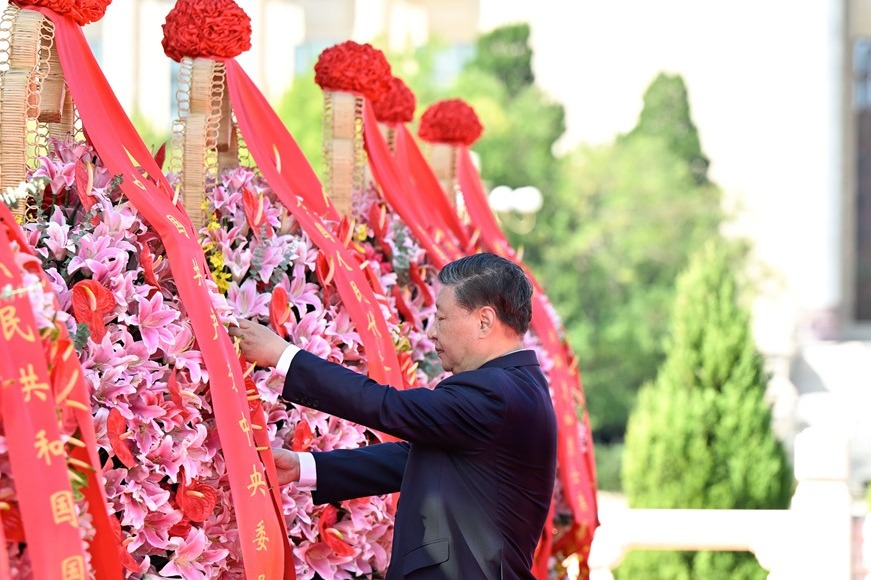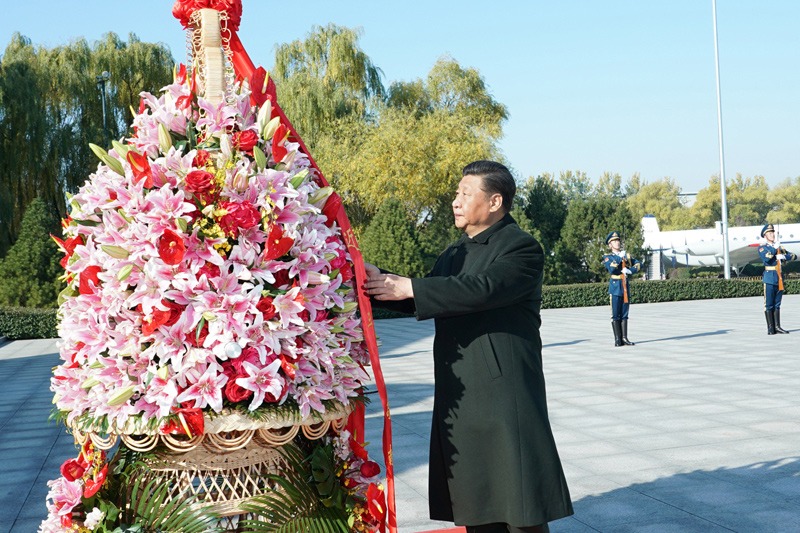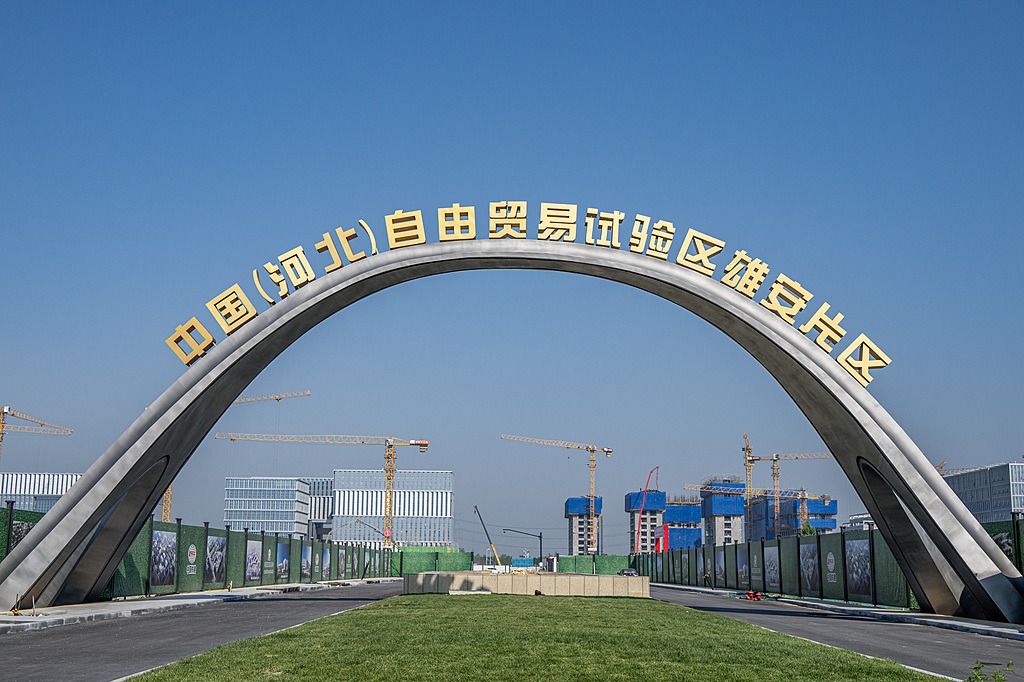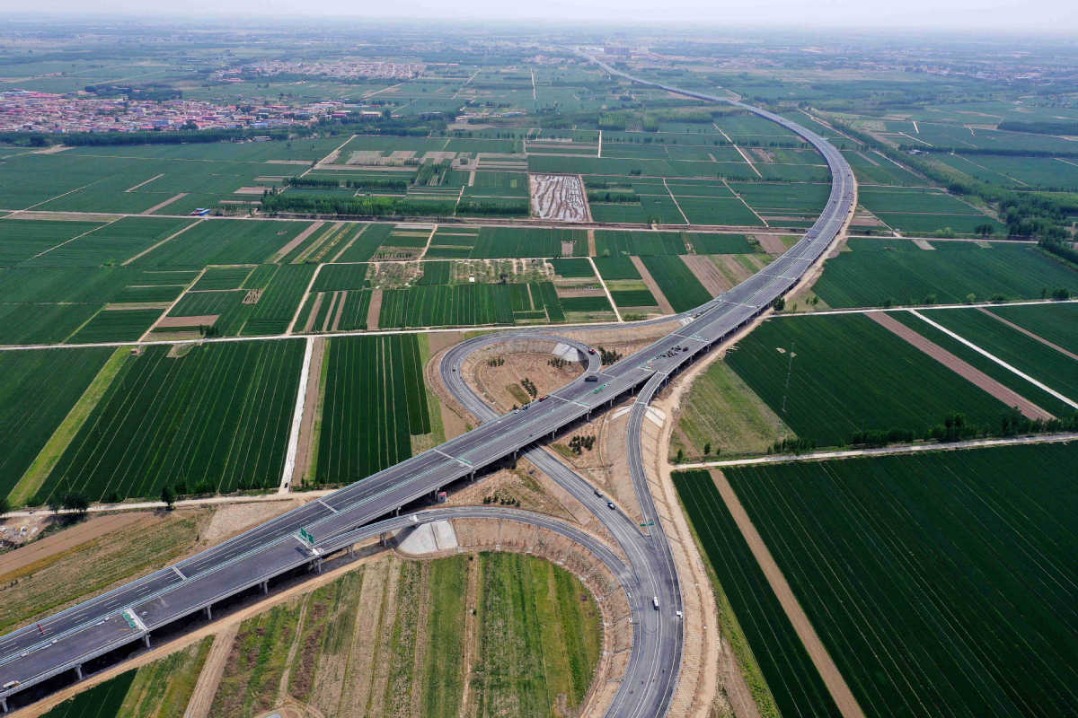Double down


China and ASEAN should join hands to promote regional integration in the face of growing external uncertainties
The world has entered a new period of turbulence and changes, with challenges such as the global economic slowdown, climate change and geopolitical disruptions becoming more severe. With the outcome of the 2024 US presidential election, unilateralism and protectionism may further intensify the uncertainty of international trade policies. Against this backdrop, China and the Association of Southeast Asian Nations should make it a strategic choice to promote a high level of regional integration to jointly address these challenges.
First, China and ASEAN should continue to uphold their consensus on openness and deepen cooperation between the two sides. Since China and ASEAN started their dialogue process in 1991, the two sides have achieved remarkable results in all-round and mutually beneficial cooperation, and economic and trade relations have advanced in leaps and bounds.
The establishment of the China-ASEAN Free Trade Area has significantly boosted the regional integration process. Trade figures highlight this partnership: for 15 consecutive years, China has been ASEAN's top trading partner, and ASEAN has been China's largest for four consecutive years. In the field of investment, by the end of 2023, six ASEAN members were on the list of the top 20 countries in China's outward foreign direct investment stock.
In recent years, the two sides have accelerated the construction of a China-ASEAN community with a shared future, establishing a comprehensive strategic partnership aimed at peace, security, prosperity and sustainable development. In 2025, China will celebrate the 75th anniversary of diplomatic relations with Indonesia, Vietnam and Myanmar, the 50th anniversary of diplomatic relations with Thailand, and the 35th anniversary of diplomatic relations with Singapore, which will create new opportunities for further consolidating and developing China-ASEAN relations.
Therefore, despite possible external disturbances in the short term, the major trend of deepening regional integration and development between China and ASEAN should not be shaken. This is not only a necessity for economic cooperation between the two sides, but also a key measure for ASEAN to strengthen regional security and safeguard its own autonomy and neutrality.
Second, China and ASEAN should comprehensively expand mutually beneficial cooperation in emerging areas and promote cooperation in their industrial and supply chains.
The CAFTA, which entered into force in 2019, has achieved significant outcomes. And the CAFTA 3.0, which substantially concluded upgrade negotiations in October, builds upon the existing agreements by reaching agreements on the digital economy, green economy and supply chain connectivity chapters in their respective economic and trade agreements.
This brings new opportunities for China and ASEAN to continuously deepen the regional industrial division of labor, promote cooperation in their industrial and supply chains, and form a more open and prosperous regionally integrated big market. For example, in terms of combating climate change and developing a green economy, Malaysia and Cambodia aim to reach carbon neutrality by 2050, and Thailand plans to reach net-zero emissions by 2065. China's support in the area of the green economy, especially through the Belt and Road Initiative, has helped ASEAN to improve the resilience of its industrial chain against climate change and disruptions in the global supply chain.
The World Energy Investment report shows that Southeast Asia's spending on clean energy accounts for only about 2 percent of the global total. It also reveals that annual average energy investment of the region over the past three years was $72 billion, but would need to increase to over $130 billion to align with the International Energy Agency's Announced Pledges Scenario by the end of the decade. The dynamic deepening of regional environmental cooperation is able to promote innovative cooperation on green technologies between China and ASEAN to address the challenges of climate change.
Finally, China and ASEAN need to enhance their connectivity through institutional measures. And the "hard connectivity" of infrastructure must be accompanied by the "soft connectivity" of rules and regulations, as well as cultural bonds.
In recent years, China and ASEAN have made remarkable progress in connectivity, with the two sides strengthening the alignment of the BRI and the Master Plan on ASEAN Connectivity 2025, and jointly upgrading the level of regional connectivity.
For instance, major projects such as the China-Laos Railway and the Jakarta-Bandung High-Speed Railway have effectively promoted the hard connectivity of the countries concerned. However, to further advance regional integration cooperation, it is necessary to deepen cooperation in areas such as trade facilitation, standards, technical regulations and conformity assessment procedures, especially through institutional opening-up measures to promote the further development of trade and investment cooperation.
In addition, with the increasingly close economic and trade exchanges between China and the ASEAN members, the two sides are also deepening exchanges and cooperation in education, tourism, think tanks, media and other areas. According to the State of Southeast Asia: 2024 Survey Report, released in April 2024 by the ISEAS-Yusof Ishak Institute, a Singapore-based think tank, China "continues to be seen as the most influential economic (59.5 percent) and political-strategic (43.9 percent) power in the region".
To advance regional integration and cooperation, it is necessary for China and ASEAN to further promote people-to-people exchanges, build regional consensus and strengthen the social foundation of cooperation between the two sides. These exchanges are not only reflected in economic cooperation, but also rooted in the ASEAN members' common memory of sovereign independence and rejection of external intervention, reflecting respect for regional cultural diversity.
To sum up, in the face of the complex global environment, China and ASEAN should continue to uphold the position of the ASEAN-China Strategic Partnership Vision 2030, which firmly opposes growing protectionist and anti-globalization sentiments, and reaffirm that international trade and investment are important engines for sustainable economic growth and development.
The two sides should accelerate the completion of follow-up work and make preparations for signing the CAFTA 3.0 in 2025, maintain a rules-based trade environment, provide investors with a predictable business environment through high-level regional integration and cooperation, further tighten the ties of economic and trade cooperation for mutual benefit and win-win results, and jointly safeguard and promote sustained peace and prosperity in the region.
Han Bing is a senior research fellow at the Institute of World Economics and Politics at the Chinese Academy of Social Sciences. Chen Zhaoyuan is a senior research fellow at the Institute of World Economics and Politics at the Chinese Academy of Social Sciences. The authors contributed this article to China Watch, a think tank powered by China Daily. The views do not necessarily reflect those of China Daily.
Contact the editor at editor@chinawatch.cn.



































